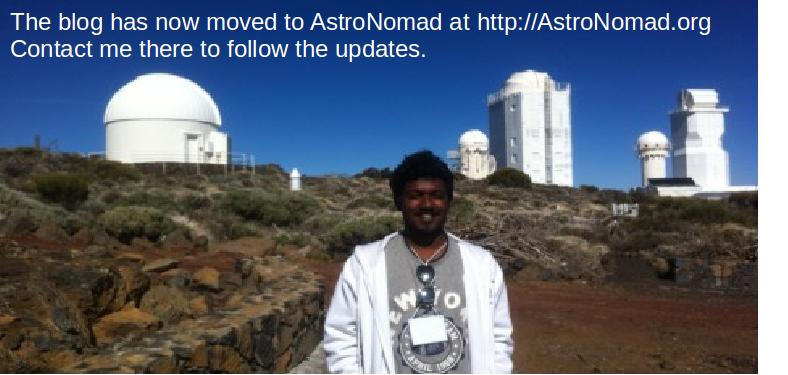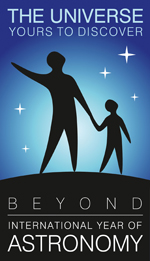Today I got up with the idea of meeting the most senior Sri Lankan astronomer who is Prof. Chandra Wickramasinghe. As I have posted in the
previous post about him and his lecture on Our Search for Cosmic Origins, you might also be familiar with this context. In fact that lecture session at the University of Moratuwa, turned out to really exciting one, where there was a wide colloquy about just how the life originated on Earth. Not only that I was able to meet many astro friends after a long time afterward the lecture.
The lecture session started sharp at 11:00 am with an introduction to the lecturer Prof. Chandra Wickramasinghe, who is presently the Director, Cardiff Center for Astrobiology Cardiff University, Wales, UK.
Prof. Chandra Wickramasinghe started the lecture with an insight to the ancient ideas of the origin of life in Earth and mentioned the ideology adopted by Aristotle and similar concepts.The works of Christian de Duve and experiments of people like Jacques Monod (Chance and Necessity by Jacques Monod), Stanley Miller & Harold Urey (
Miller–Urey experiment) were also talked of.
( See
http://www.semp.us/publications/biot_reader.php?BiotID=451 for more details )
Then he built up the idea of Panspermia, that says that life on Earth was seeded from extraterrestrial material by ruling out the other possible candidates that were based on primordial soup. This was also supported with what has been said in Buddhist & Vedic archives according to his point of view.
Prof. Chandra Wickramasinghe also spoke of the researches carried out by his own daughter Dr. Janaki Wickramasinghe and Bill Nappier supporting the existence of Panspermia. Dr. Janaki obtained her PhD in 2008 with a thesis entitled "The role of comets in panspermia"
If the life has been seeded from outside in Earth, what are other possible planets with similarity? Prof. Chandra answered this question which was raise by he, himself with a note on Mars and Jupiter's satellite Europa. The evidence from space probe Odyssey (formerly the Mars Surveyor 2001 Orbiter) has yielded that 1796 Viking 1 & 2 sites with a significant importance to study with astrobiology.
The lecture lasted for almost one hour as scheduled and then came the Q&A session which dragged on for nearly 45 minutes. This was clearly evident to the degree of controversy and liveliness of this theory which was dubbed "pseudo-science" in the early stages, before being fortified by late Sir Fred Hoyle & Prof. Chandra Wickramasinghe, himself . There were a lot of questions raised by the audience, which consisted of astronomical professionals & amateurs, especially from the University of Moratuwa.
I also asked him a question about his childhood inspirations towards astronomy, (I recalled his poem, that was composed by him when he was a 15-year-old teen, the poem was simple and was all about the heavens).
Amongst the myriad stars
I stand alone
and wonder how much life
and love there was tonight
In response to my question Prof. Chandra Wickramasinghe said the clear skies that he had drove him towards astronomy and moreover his father was a great embodiment for him.
In the end, after this rare great session I was able to meet many of my colleagues and astronomical professionals. Prof. Kavan Ratnatunga who is the president of Sri Lanka Astronomical Association was there and for my surprise, my New Zealand friend, Prof. Michael Snowden has already came down to Sri Lanka 3 days back. It was really joyous to meet him after more than a year. I also met my colleagues
Thilina Heenatigala,
Yohan Ferreira,
Dimuth Prasad Welivitiya &
Tharaka Gamage, all pleased with the visit of Prof. Chandra Wickramasinghe to Sri Lanka.
~~ and of course the pictures of the session will come in a short while !! ~~~


















